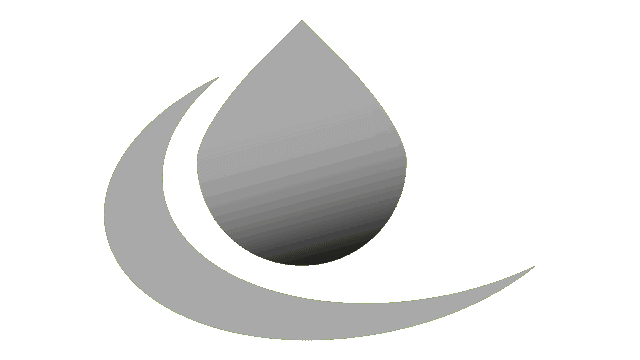MAUSA: Rebuilding Pakistan
When floods tore through Pakistan, thousands were left without shelter. Entire communities lost their homes, their safety, their stability. MAUSA stepped in. With your support, we’ve been working to provide real, lasting help, starting with shelter and security.
Our Response: Smart Homes & Animal Sheds Completed
We’re proud to share an update on what your generosity has made possible:
57 smart houses built
23 animal sheds constructed
$249,519.46 total cost
399 individuals directly benefited
Thanks to you, hundreds now have a roof over their heads and a place to call home. Families are safe. Livestock is protected. Stability is finally within reach.

Food
Your donation provides medical aid and equipment and emergency food packages
$25

Health
Your donation provides medical aid and equipment and emergency food packages
$100

Emergency
Your donation provides medical aid and equipment and emergency food packages
$500
Why It Matters
These aren’t just buildings. They represent safety, stability, and a new start. A place to call home. A space to protect what matters most. For many families, this is the first step toward rebuilding their lives with dignity.
These are more than homes. They’re the foundation for the future.
What’s Next?
There’s more to be done. With your continued support, MAUSA will keep building stronger homes, safer communities, and better futures.
Help us do even more.
#MAUSA
























